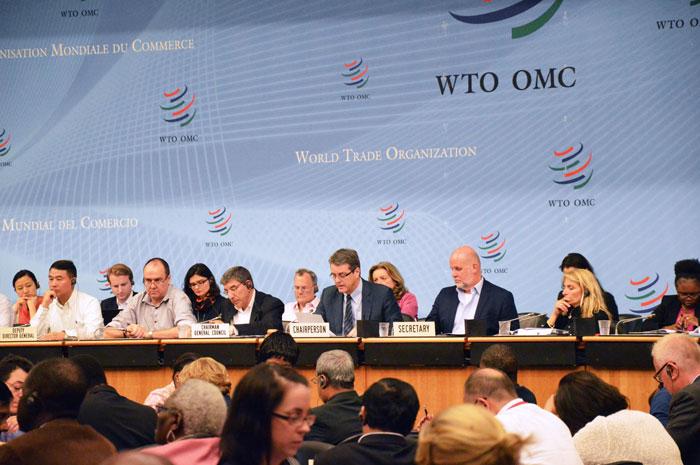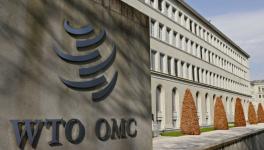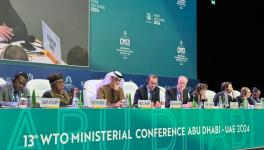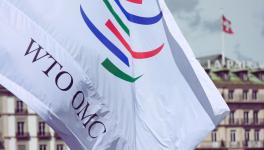Food Security and Breakdown in Talks
In the just concluded WTO negotiations in Geneva, all that India and some other developing countries (Cuba,Venezuela and Bolivia) had asked for is that the passage of the proposed Trade Facilitation Agreement (TFA) be made contingent to finding a permanent solution to the issue of food subsidy. The negotiations collapsed not because Indiaand some other developing countries were being unreasonable, but because the United States and its allies, are unwilling to reverse an obnoxious clause in the Agreement on Agriculture (AoA) that prevents developing countries from ensuring food security for their people.
At the last WTO ministerial meeting in Bali, the G33 had proposed that the TFA should go forward only if the WTO would agree to reverse a particularly perverse clause that has existed since the signing of the AoA in 1994. Under this clause, countries have to limit their support to a maximum of 10% of agricultural production. Such support includes practices followed for long in India: procurement of foodgrain for food subsidy programmes and provision of minimum support price for agricultural commodities. The cap on subsidy is particularly onerous because subsidy is calculated based on agricultural commodity prices that existed from 1986-88! If the cap on food subsidy were to be applied, it would put in jeopardy the provision of 60kg/person of food-grains under the truncated Food Security Act, passed by the Indian Parliament. However, the sheer iniquity built into the AoA ensures that the US invokes no penalties even though it provides 385Kg/person for food aid under several programmes like the food coupons, child nutrition programmes, etc. In Bali, a last minute deal was brokered, which did not remove this clause on food subsidy, but waived implementation of this clause till 2017 (the so called ‘peace clause’) pending a final resolution of the issue.

Image Courtesy: www.wto.org
The collapse of the TFA has been widely reported as a retrogressive step that pulls the plug on a "trillion dollar" deal. Neoliberal economists have gone to town attempting to hammer home the point that the collapse of the negotiations would prevent a massive expansion in global trade. The moot point, never debated in the capitalist press, is whether an expansion in global trade is necessarily a 'win-win' situation for all countries. The trade facilitation agreement focuses on measures and policies intended for the simplification, harmonization and standardization of border procedures (such as customs regulations). It would, as in other WTO agreements, put in place binding rules that are subject to the WTO's dispute settlement mechanism.
It is understandable that the US, EU and other developed countries would be interested in the agreement, as they dominate global trade and would benefit in its expansion. However, for a number of developing countries, the benefits are nowhere near clear. Currently developing countries face trade barriers, not because of lack of harmonized border rules but because they lack capacity to export products and their exports face a range of barriers in developed country markets. None of these are addressed by the Trade Facilitation agreement, and in such a situation expanded global trade could well further increase the negative trade balance that developing countries already face, as their imports would increase much faster than their exports.
Disclaimer: The views expressed here are the author's personal views, and do not necessarily represent the views of Newsclick
Get the latest reports & analysis with people's perspective on Protests, movements & deep analytical videos, discussions of the current affairs in your Telegram app. Subscribe to NewsClick's Telegram channel & get Real-Time updates on stories, as they get published on our website.
























